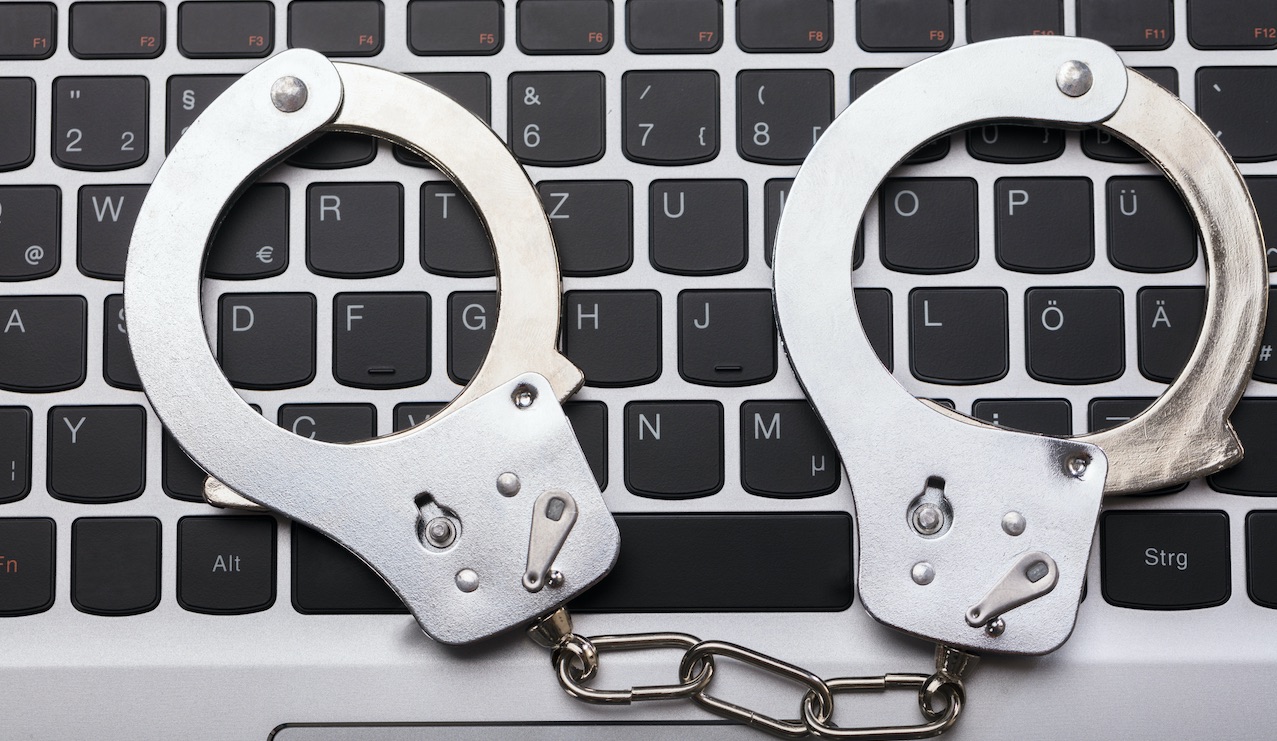The more time passes, the more it seems to us that the Internet has to deal with a balance that is perhaps impossible to find. The one between freedom of expression and the dutiful filtering of news, so that the Internet does not become a container into which everything can be poured, with all due respect to moral limits.
There are several examples: let’s think, for example, of the recent case of FaceMega, the app that, to advertise itself, has spread porn videos shot with the deepfake technique via social networks, which had the actresses Emma Watson and Scarlett Johansson as (unsuspecting) protagonists.
Or the European Union’s request to Elon Musk to hire new staff to increase the moderation of Twitter content.
Not to mention ChatGPT and the latest arrivals of artificial intelligence. From the amazing possibilities, of course, but which will necessarily have to be regulated (and this is already beginning to be done, also from a legislative point of view).
There is censorship and censorship
Naturally, one thing is the reasonable, indeed virtuous, censorship, which there is a great need for so that the Net too is a livable and pleasant place for everyone.
Another thing is the censorship that especially illiberal governments impose so that in their own country there is no free circulation of ideas. Especially, it goes without saying, those in opposition to the regime.
For this reason, the World Day Against Cybercensorship was established in 2008, which is celebrated today 12 March.
World Day Against Cybercensorship
The World Day Against Cybercensorship, established in 2008, was promoted by Reporters Without Borders and Amnesty International.
The aim is to draw attention to the forms of censorship by some governments of freedom of expression online.
In 2008 Jean-François Julliard, general secretary of Reporters Without Borders, and Larry Cox, executive director of Amnesty International, wrote to the CEOs of Google, Yahoo!, Inc. and Microsoft Corporation, asking them to honor the Day.
The Netizen Prize
On World Day Against Cybercensorship, Reporters Without Borders awards the annual Netizen Prize to an Internet user, blogger, cyberdissident or group that has made a significant contribution to defending freedom of expression online.
However, the latest news of the award dates back to 2016.
Freedom of expression online
Reports and maps on the state of freedom of expression online are periodically published. And it goes without saying that there is often a close link between cybercensorship and illiberal regimes.
One of the most recent contributions in this sense is the one published by Proxyrack last December.
This is a ranking that gives the various countries a score from 0 (the maximum of freedom) to 10 (the maximum of censorship) based on various parameters. Including access to Internet sites of various kinds and any total or partial blocks to social networks.
The three countries where cybercensorship is most severe are, in descending order, China, Iran and Egypt.
Conversely, the most virtuous country in terms of freedom of expression online is the United Kingdom, followed by Japan and Germany.
Italy is in an honorable sixth position, with an overall score of 1.45.
The role of social media
We have been offered recent examples of cybercensorship by the Moscow government.
But beware of one aspect: social platforms are not always and only victims of this gag.
Let’s take two examples: the first concerns TikTok, and refers precisely to its ambiguous attitude towards the Moscow regime. If initially the Chinese social network seemed an indispensable tool for the besieged Ukrainians to demonstrate (and show the world) their dissent, over the months its perspective has changed.
And already on March 15, 2022, a few weeks after the outbreak of war, a report by Tracking Exposed had shown the ambiguous (if not pro-Russian) position of the platform.
Let’s then go back in time to October 2021, when the Facebook Papers scandal broke.
That is, those ten thousand pages that have shown not only an often – let’s say – distracted control of the contents by the then Facebook company, today Meta.
But also a disturbing connivance with some authoritarian regimes, such as the Vietnamese one, which would have silenced dissent thanks also to the censorship operated by Mark Zuckerberg’s social networks.

